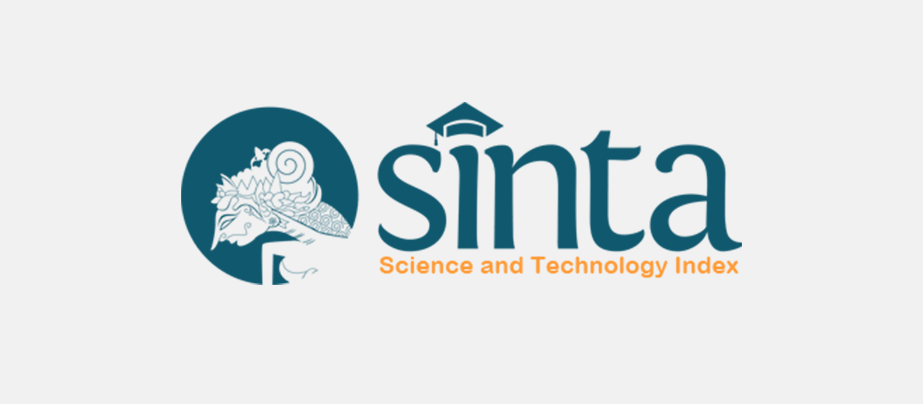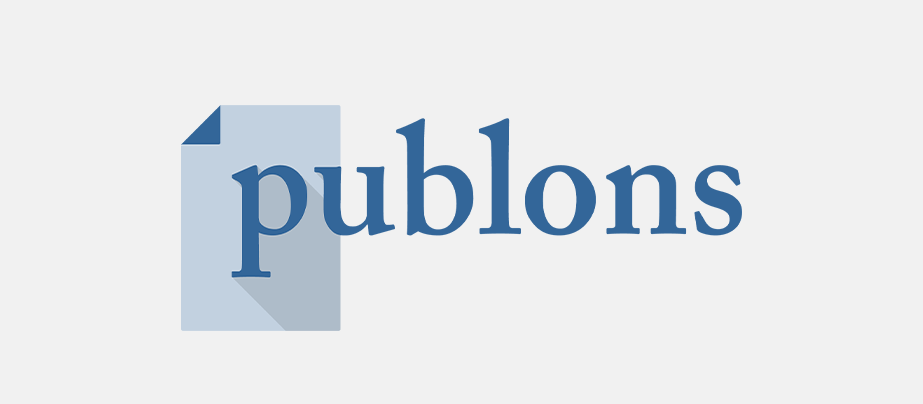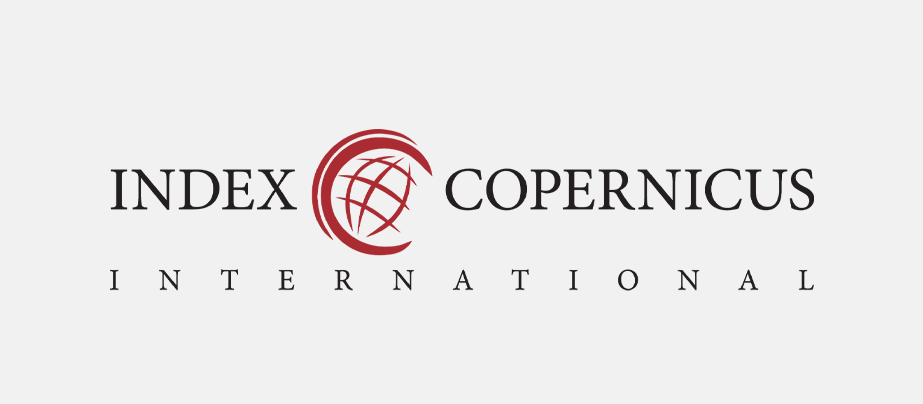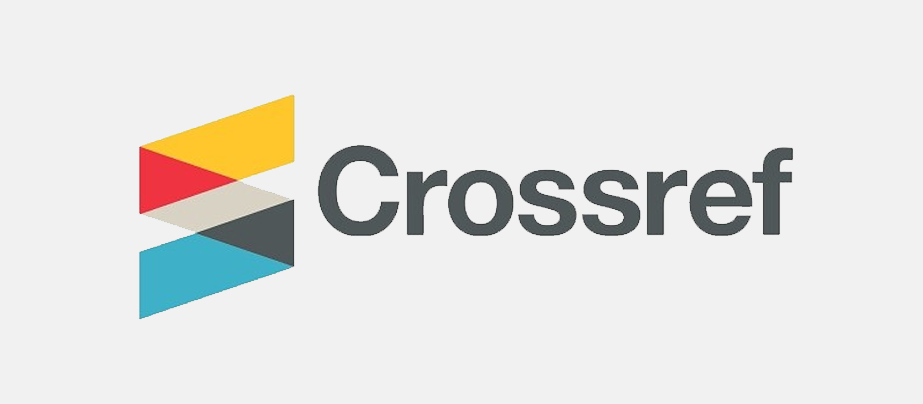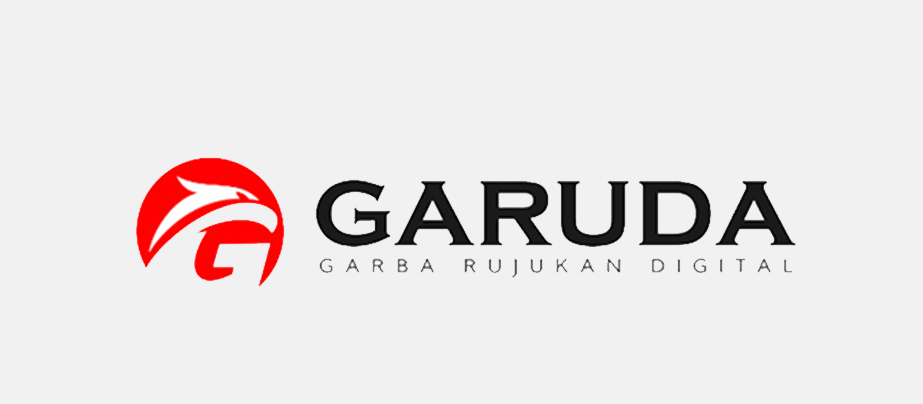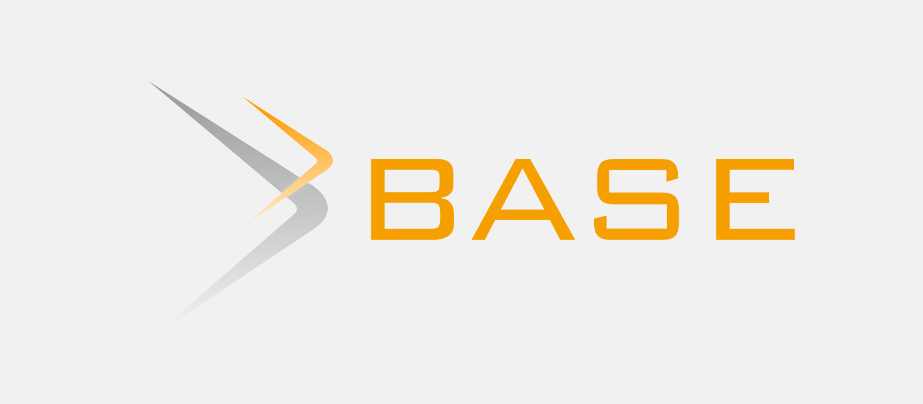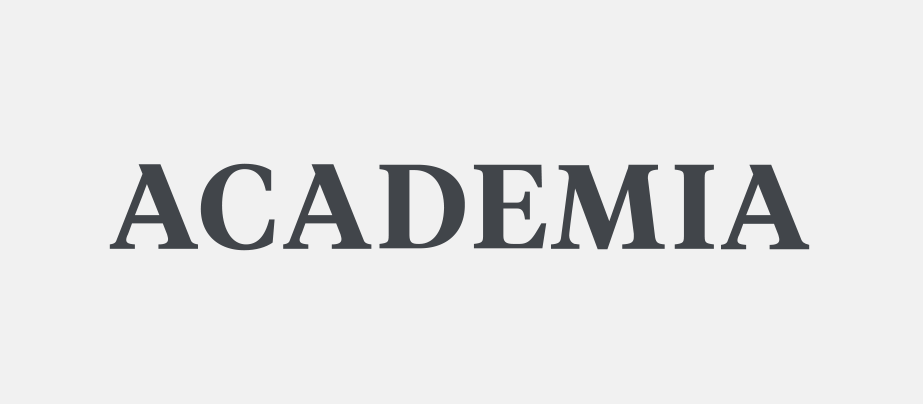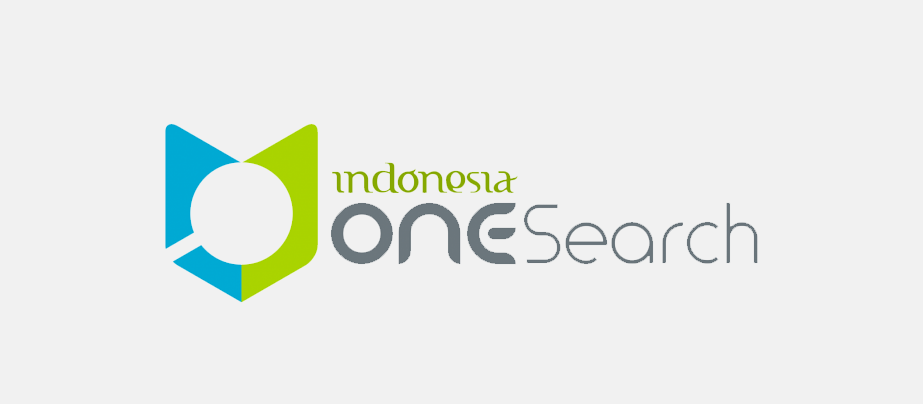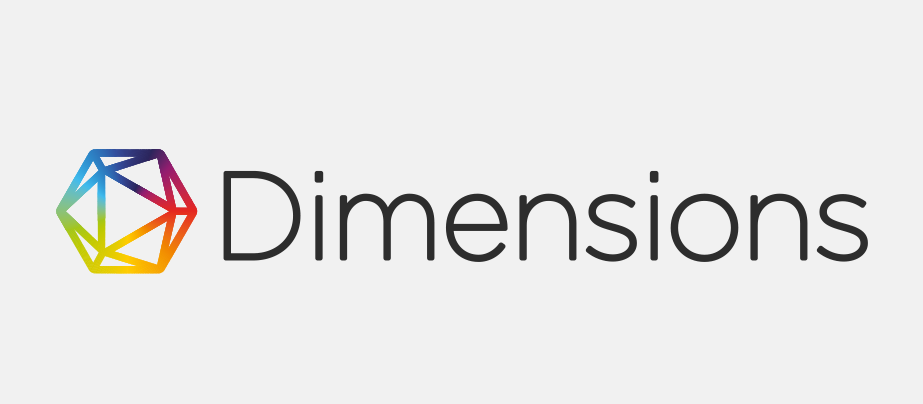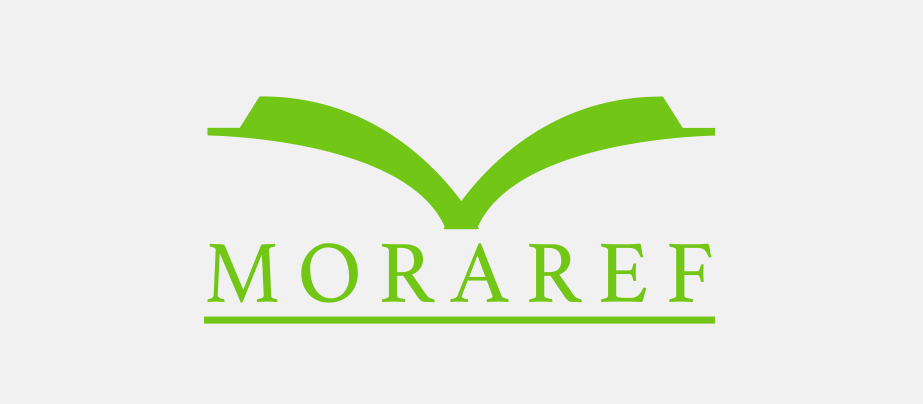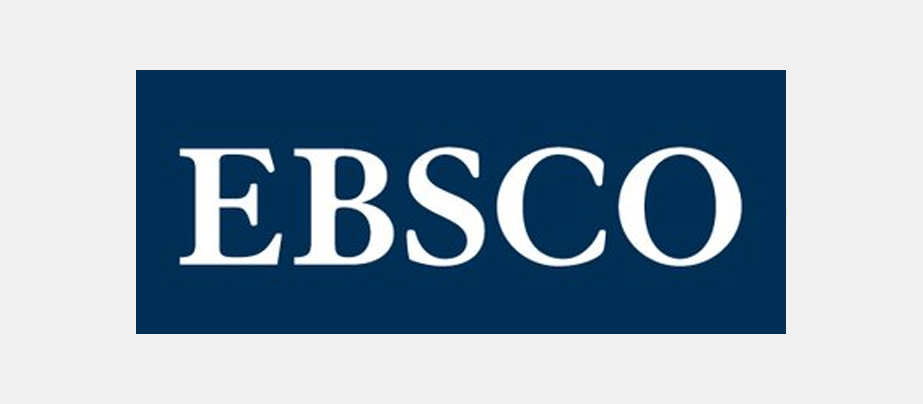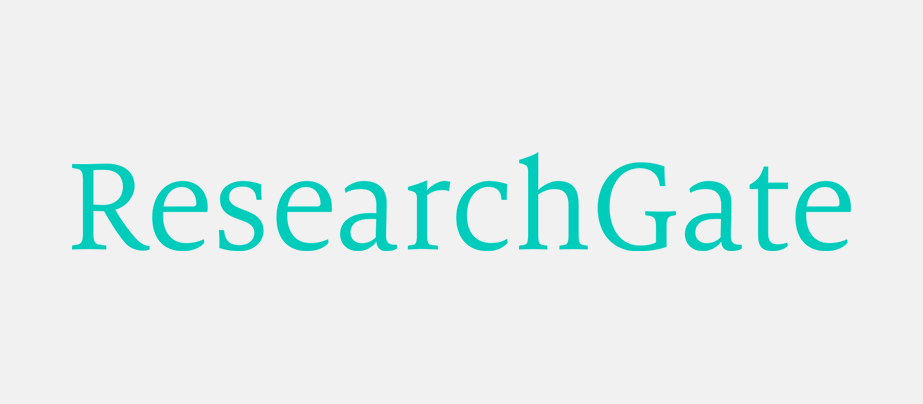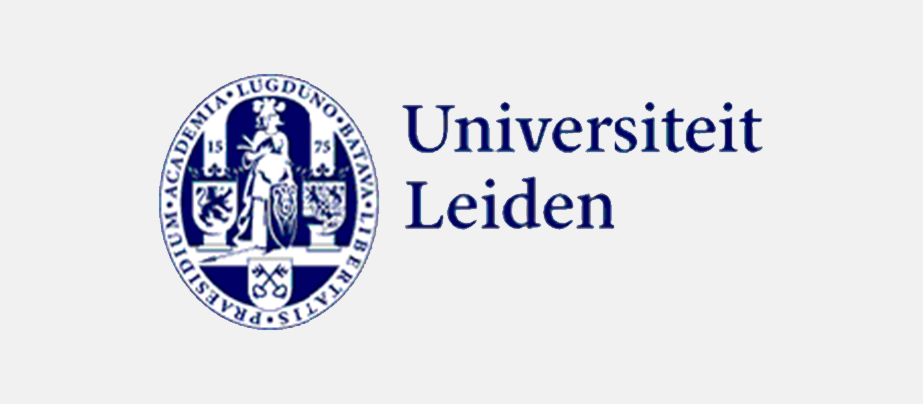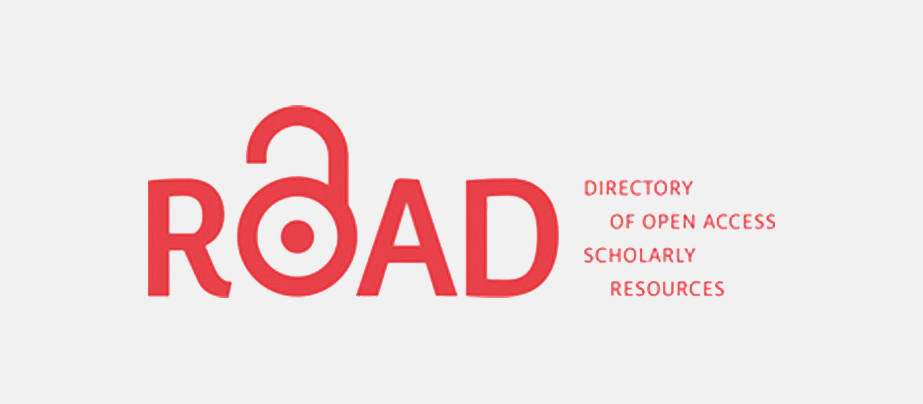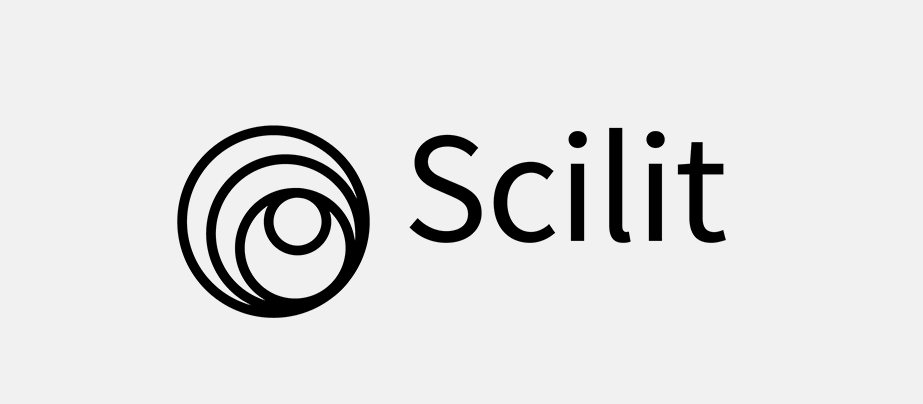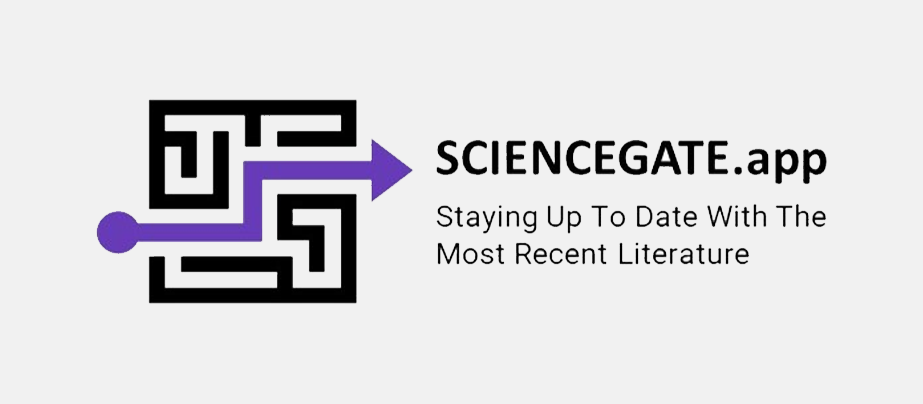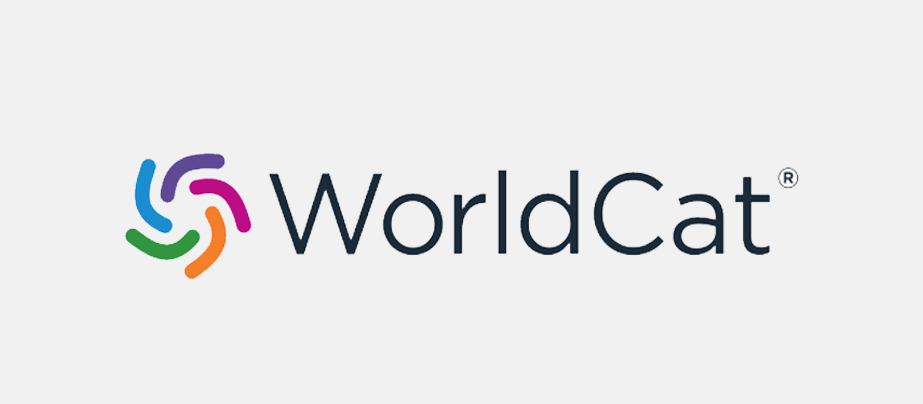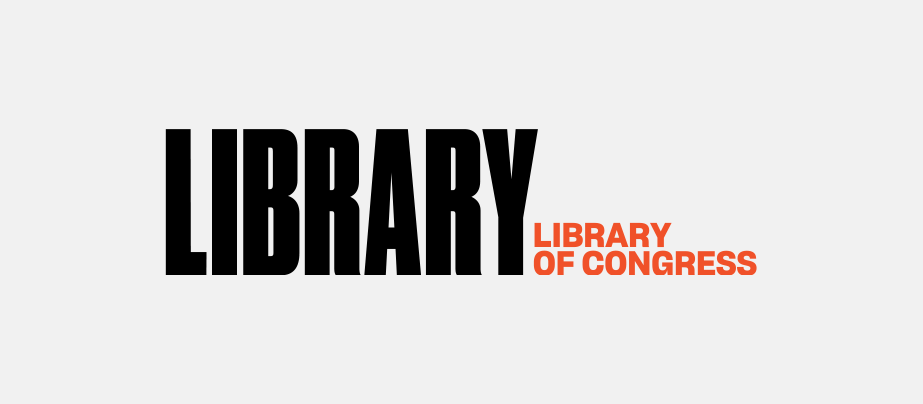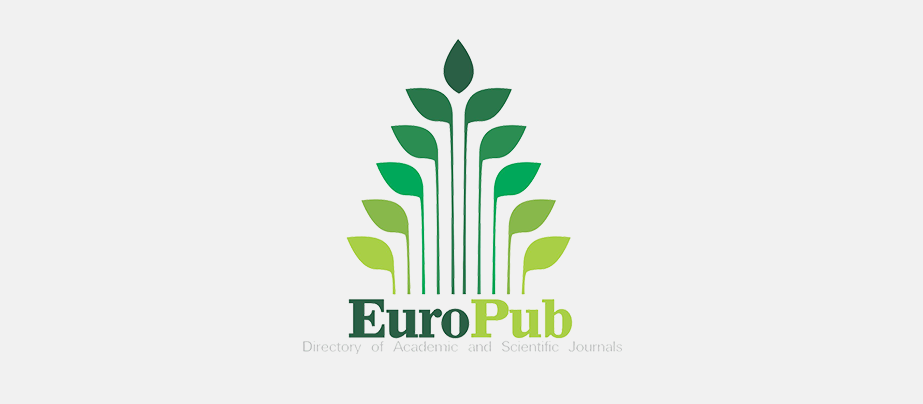Promoting Maqshid al-Shari'ah and Achieving Sustainable Economic Development: the Potential of Proposed Two Tier Mudarabah Business Model on Cash Waqf
Abstract
Keywords
Full Text:
PDFReferences
Abdullah, A. K. M., and Zaid Safdar, 2010. Linking up and reaching out in Bangladesh: information and communications technology for microfinance. World Bank Publications.
Çizakça, M., 1998.Awqaf in History and Its Implications for Modern Islamic Economies.Islamic Economic Studies, 6(1), pp.43–70.
Bagazonzya, H.K. et al., 2010. Linking up and reaching out in Bangladesh information and communications technology for microfinance.
Adam, S. &Lahsasna, A., 2013. Cash Endowment As Source of Fund in Islamic Micro-Financing. 4th International Conference on Business and Economic Research (4th ICBER 2013) Proceeding, (March), pp.1362–1378.
Ahmed, Habib, 2007.Waqf-based microfinance: realizing the social role of Islamic finance. World Bank
Akhter, W., Akhtar, N. &Jaffri, S.K.A., 2009. Islamic Microfinance and Poverty Alleviation: A Case of Pakistan. Proceeding 2nd CBRC, pp.1–8.
Berthold, S. Megan, 2015. Rights-Based Clinical Practice with Survivors of Human Trafficking. Human Rights-Based Approaches to Clinical Social Work.Springer International Publishing.63-84.
Çizakça, M., 1998.Awqaf in History and Its Implications for Modern Islamic Economies.Islamic Economic Studies, 6(1), pp.43–70.
Cizakca, Murat, 1997. Towards a comparative economic history of the waqf system.Al-Shajarah 6 : 63-102.
El-Gamal, M. et al., 2014. Bank-insured RoSCA for microfinance: Experimental evidence in poor Egyptian villages. Journal of Economic Behavior and Organization, 103, pp.S56–S73.
Clarke, Matthew, and David Tittensor, 2014. Islam and development: exploring the invisible aid economy. Ashgate.
Cull, Robert, AsliDemirgüç-Kunt, and Jonathan Morduch, 2010 "Microfinance meets the market." Contemporary Studies in Economic and Financial Analysis 92: 1-30.
El-Gari, Mohamed A., 2004."The Qard Hassan Bank." International Seminar on Nonbank Financial Institutions: Islamic Alternatives.
Hashim, Ashraf bin Md., 2007 “The Collection of Waqf through Insurance Companies: A Critical Analysis of the Malaysian Experience." Review of Islamic Economics11.1: 63-74.
Hulme, David, 2000. Impact assessment methodologies for microfinance: theory, experience and better practice. World development 28.1: 79-98.
Kahf, Monzer,2003. The role of waqf in improving the ummah welfare.International Seminar on Waqf as a Private Legal Body organized by the Islamic University of North Sumatra, Medan, Indonesia.
Ledgerwood, Joanna, 1999. Sustainable Banking with the Poor Microfinance Handbook.
Masyita, D. & Ahmed, H., 2011. Why is Growth of Islamic Microfinance Lower than Conventional ? A Comparative Study of the Preferences and Perceptions of the Clients of Islamic and Conventional Microfinance Institutions’ in Indonesia.8th International Conference on Islamic Economics and Finance, pp.1–22.
Md. ShahedurRahaman Chowdhury, 2011. Economics of Cash WAQF management in Malaysia: A proposed Cash WAQF model for practitioners and future researchers. African Journal of Business Management, 5(30), pp.12155–12163.
Mohsin, Magda Ismail Abdel, 2013 "Financing through cash-waqf: a revitalization to finance different needs." International Journal of Islamic and Middle Eastern Finance and Management 6.4: 5-5.
Mohsin, Magda Ismail Abdel, 2009. Cash waqf: A new financial product. Pearson Malaysia.
Salarzehi, Habibollah, HamedArmesh, and DavoudNikbin, 2010.Waqf as a social entrepreneurship model in Islam.International Journal of Business and Management 5.7: p179.
Wilson, Rodney, 2007. Making development assistance sustainable through Islamic microfinance. International Journal of Economics, Management and Accounting 15.2
Zeller, M. & Meyer, R.L.E., 2002.The triangle of microfinance: Financial sustainability, outreach, and impact. Intl Food Policy Res Inst.
DOI: http://dx.doi.org/10.22373/jms.v17i1.1926
Refbacks
- There are currently no refbacks.
Copyright (c) 2017 Abu Umar Faruq Ahmad; Mohammad Ashraful Mobin
All papers published in Media Syari'ah : Wahana Kajian Hukum Islam dan Pranata Sosial are licensed under a Creative Commons Attribution-ShareAlike 4.0 International License. |



.png)


.png)
.png)
.png)



